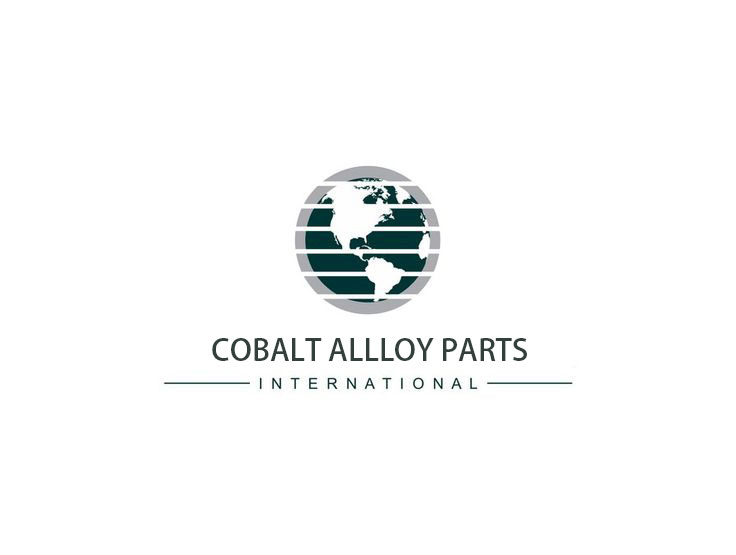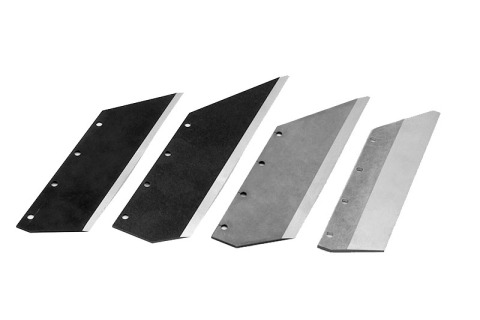
- Home
- >
- News
- >
- Industry News
- >
News
SYTOP customized a nested cobalt alloy wearing bush solution (ST12 threaded bush + ST6 lower flange bush) for centrifugal pumps in the paper & pulp industry. Designed for highly abrasive and erosive pulp media, this dual-layer structure significantly extends pump service life, reduces maintenance downtime, and improves production stability.
With tungsten prices surging, carbide saw tips are no longer cost-effective. Discover how cobalt alloy saw tips deliver comparable costs, longer service life, and direct replacement for tungsten carbide in modern sawmill operations.
Discover why cobalt alloy scissor blades are the premium solution for cutting molten glass at 1000°C. With exceptional red hardness, superior wear resistance, and outstanding corrosion protection, cobalt alloy shears ensure smooth, defect-free glass bottles for pharmaceutical, food, and cosmetic applications.
Learn why cobalt-based alloys are the preferred material for dies used in the engine valve electrothermal upsetting process. Discover their advantages in high-temperature stability, wear resistance, anti-seizure performance, and how they improve valve forming accuracy and tool life.
Learn what a piston valve housing is, its purpose in oil & gas systems, and why cobalt alloy materials outperform cast iron and stainless steel under extreme temperature, pressure, and corrosion. Discover performance advantages, material comparisons, and selection guidance for high-reliability valve housings.
The cobalt alloy valve cage is a critical component in deep oil well operations, offering excellent wear, corrosion, and high-temperature resistance. SYTOP manufactures precision-cast valve cages in grades ST6 and ST19 to ensure long-lasting performance under extreme pressure and abrasive conditions.
Learn how cobalt alloy blades enhance efficiency and reliability in tomato paste production lines. With exceptional wear and corrosion resistance, ST 6K blades and overlay services provide long-lasting performance for food processing equipment such as pulpers and scrapers.
Learn how cobalt alloy cutting blades outperform HSS and carbide in viscose fiber production with superior wear, corrosion, and chipping resistance, ensuring stable, high-quality output.
Cobalt alloys enhance paper vibrating screens with superior wear, corrosion, and heat resistance, extending component life, ensuring stable operation, and improving production efficiency.
In polymer processing, underwater pelletizing systems have become the go-to choice for improved efficiency, quality, and sustainability, outperforming traditional methods. But their success depends entirely on one key part: the pelletizing blade. SYTOP designs high-performance blades tailored to unlock the full power of these systems.
Discover high-performance Cobalt Alloy and Nickel Alloy spinner heads for glass wool production. Engineered for 900-1150°C environments, these centrifugal heads deliver superior wear resistance, corrosion protection, and extended service life. Shenyang Top New Materials provides customized solutions to enhance fiber quality, boost efficiency, and reduce operational costs.
Cobalt alloy valve cages provide exceptional durability in oilfield operations, resisting sand abrasion, H₂S and CO₂ corrosion, and high-temperature stress. Compared to stainless steel, they deliver up to six times longer service life, lower maintenance costs, and improved pumping efficiency, making them the ideal material upgrade for complex well conditions.












